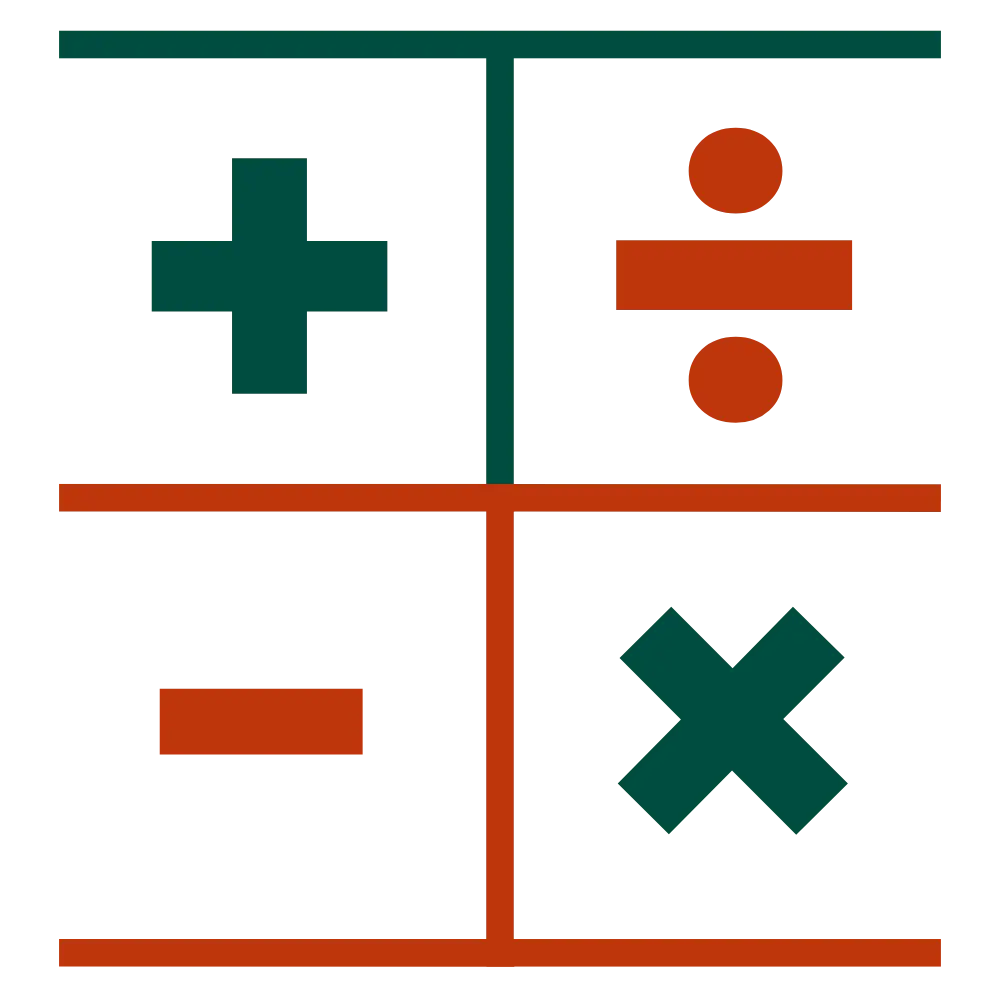SMALL BUSINESS INCOME TAX CALCULATOR
We have the SARS SBC tax rates built in – no need to look them up!
Corporations of all sizes in South Africa are subject to a flat corporation tax rate of 27%. However, if the business is included in the category of special trust, the tax rate becomes 45%. Apart from this, companies also have to pay the capital gains tax or CGT of 21.6%, whereas this value for special trusts is around 36%.
Wondering how to determine your business taxes from the allocated tax rates? Here is a complete guide on business tax calculation, so dive right in to learn more about it.
Small Business Corporations Tax Calculation
Small businesses are subjected to multiple taxes. Hence, it is important to keep a record of all these taxes and make payments on time, or they will be left with a heavy penalty. Here are the different types of taxes you will have to pay as an SBC in South Africa.
Here is a breakdown of the standard tax rates for small businesses (self-proprietors and micro-businesses) operating in South Africa. These values will remain effective for the year 2025.
|
Taxable Income |
Tax Rates |
|
R1 to R237,000 |
18% of the taxable income. |
|
R237,001 to R370,500 |
R42,678 + 26% of the taxable income in this range |
|
R370,501 to R512,800 |
R77,362 + 31% of the taxable income in this range |
|
R512,801 to R673,000 |
R121,475 + 36% of the taxable income in this range |
|
R673,001 to R857,900 |
R179,147 + 39% of the taxable income in this range |
|
R857,901 to R1,817,000 |
R251,258 + 41% of the taxable income in this range |
|
R1,817,001 and above |
R644,489 + 45% of the taxable income in this range |
Following is the tax rate table for small business corporations running in South Africa. These values are applicable to the 2025 year.
|
Taxable Income |
Tax Rates |
|
R1 to R95,750 |
No tax |
|
R95,751 to R365,000 |
7% of the taxable income in this range. |
|
R365,001 to R550,000 |
R18,848 + 21% of the taxable income in this range. |
|
R550,001 and above |
R57,698 + 27% of the taxable income in this range. |
Please note that you will have to pay at least two amounts in advance. It is equally important to calculate this value yearly beforehand, or you will end up with a hefty amount at the end of the year.
Turnover Tax in South Africa
Turnover tax is an alternative method of tax for businesses operating in South Africa. This is a special tax for small businesses with an annual turnover of R1,000,000 or less. This type of tax replaces corporate income tax, capital gains, VAT, and dividend tax, though your business will still remain in the VAT system.
The current turnover tax rate in South Africa for businesses is as follows. These tax rates will remain effective until February 2025.
|
Turnover |
Tax Rates |
|
R0 to R335,000 |
No tax |
|
R335,001 to R500,000 |
15 of each R1 above R335,000 |
|
R500,001 to R750,000 |
R1650 + 2% of any amount above R500,000 |
|
R750,001 and above. |
R6650 + 3% of any amount above R750,000 |
Though there are business calculators available online, it is ideal that you perform these calculations yourself or hire an accountant. Using mathematical systems and software may help you with accuracy and timely tax filings.
Corporate Tax Exemptions in South Africa
If you are registered as a public benefit organization, there is no need to pay corporate taxes. Other businesses can get the following values deducted from taxable income as allowed business expenses.
In essence, according to SARS, a business starts paying taxes once its annual income exceeds R335,000. However, the taxes differ between small and big businesses, depending on their income, number of employees, and the nature of the industry. I hope this guide has helped you figure out how to calculate your business's annual taxes.
